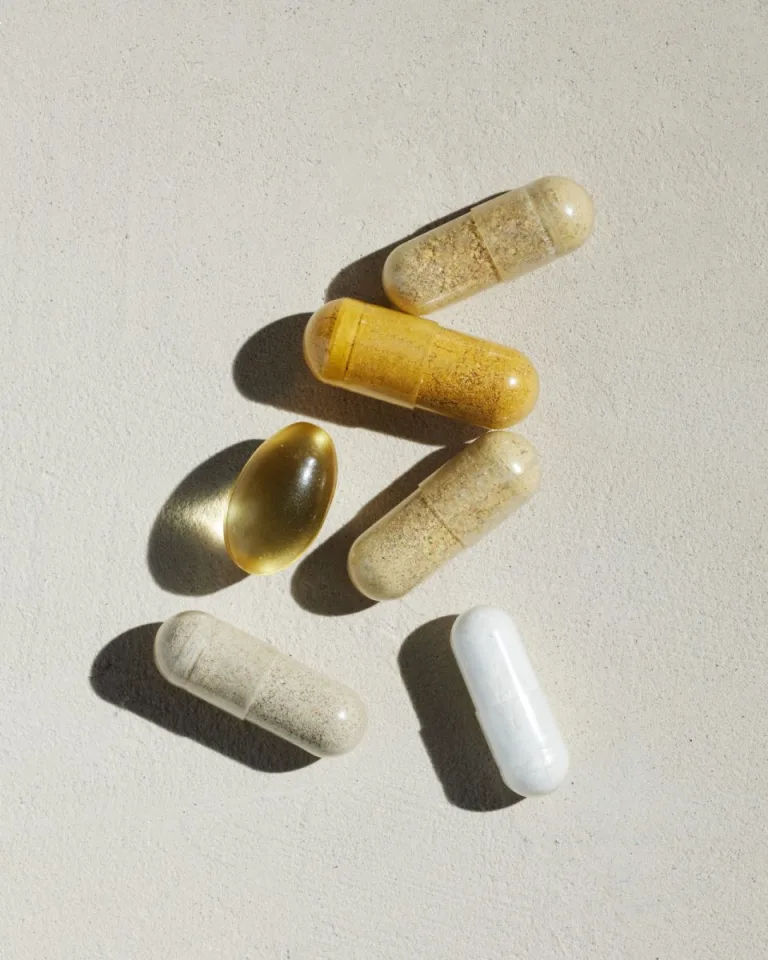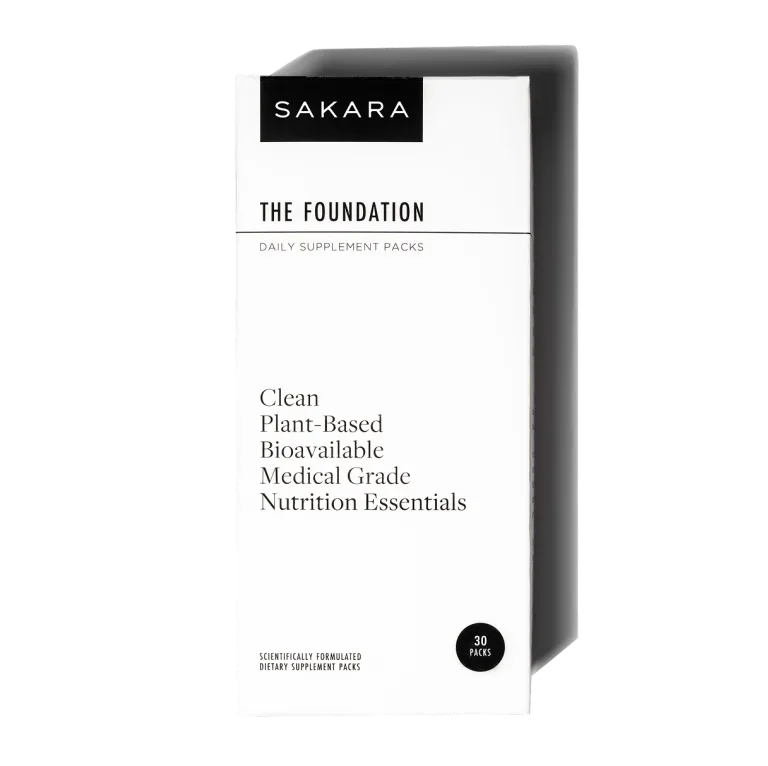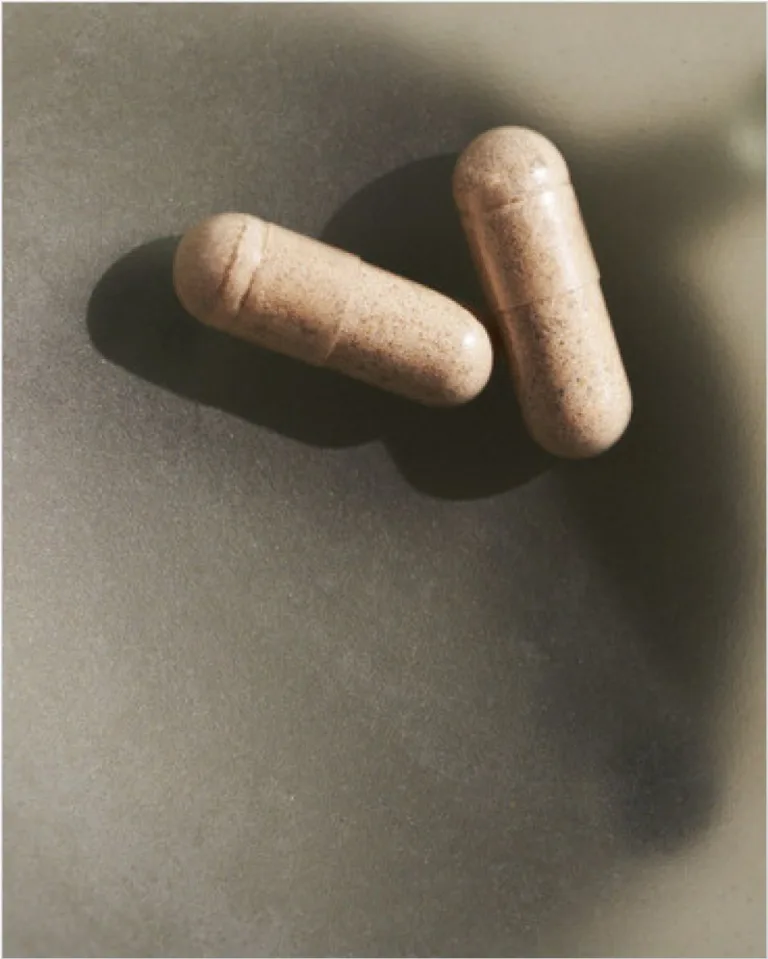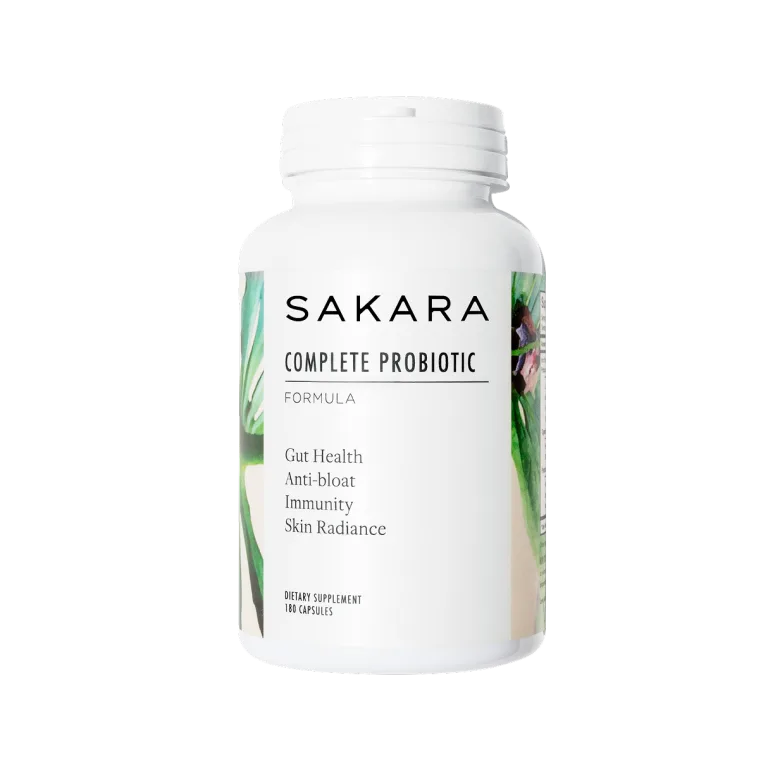WELL-BEING
Why We Choose Organic
Our co-founder Danielle Duboise weighs in on what organic means to Sakara Life and how it can help you reap the full benefits of food.

When Whitney and I created Sakara Life’s 9 Pillars of Nutrition, we aimed to take years of our science and nutrition training, and self-study to ensure your meals are as delicious and nutritious as possible.
So where does food like this start? In the ground. After all, healthy foods need to feed on healthy soil. That’s why we source all of our ingredients from trusted suppliers and organic farms that use healthy, sustainable, agricultural practices.
It’s more important than ever to pay close attention to the quality and quantity of organic, mineral-rich plants you’re getting into your diet every day.
So why is organic important to us?
Conventional Crops Are Covered in Potentially Toxic Chemicals
Conventional produce is often grown with the use of synthetic fertilizers, chemical pesticides and insecticides, growth hormones and antibiotics. It is usually irradiated, contains genetically engineered organisms (GEOs) and/or genetically modified organisms (GMOs), and can be grown using sewage sludge fertilizer. By contrast, organic produce cannot be grown with all the above. A study performed in Washington, featuring children ages 3-11, demonstrated the level changes of pesticides in their blood-work after mere days of switching from conventional to organic vegetables. According to the Environmental Working Group, eating an organic diet can reduce your pesticide level by a staggering 90%. In the state of California, glyphosate (the main chemical in conventional herbicides) is listed under Proposition 65 as a known carcinogen. A study published in JAMA Internal Medicine found a correlation between lower risk of cancer and consuming organic food. We use organic produce because it’s safer, less toxic and closer to as Mother Nature intended.
Organic Foods Are Higher in Antioxidants
In a recent study published by researchers at Newcastle University in England, it was found that organic fruits, vegetables, and grains contained higher levels of antioxidants and lower levels of pesticides compared to the same conventionally-grown food. Antioxidants help lower inflammation and oxidative stress by fighting off free radicals. Free radicals appear in the body naturally due to environmental toxins, stress and consuming unhealthy foods. They wreak havoc by damaging DNA and cellular replication and their impact has long-term effects. Our bodies need high amounts of antioxidants found in foods in order to combat this oxidative stress. Someone who eats organic produce consumes the antioxidant equivalent of approximately two extra produce portions every day! We use organic produce because it contains higher amounts of these important phytonutrients that can help to heal disease and reverse the signs of aging.
Organic Produce Tastes Better
We’re all about health, but not at the cost of pleasure and joy. Healthy food can and should taste good. We hire the world’s top chefs to create every single meal, but the true shining star for your taste buds is fresh organic foods. Conventionally grown crops typically use synthetic fertilizers rich in nitrogen. Because of this, the plant uses mostly nitrogen as its food source creating a more starchy plant rather than an antioxidant-rich plant. Lower antioxidants usually mean less flavor—you can taste the difference.
It’s Better For our Bodies, the Soil, and our Planet
Knowing what you know about the harsh chemicals used in conventional agricultural practices, you can imagine the negative impact these toxins have on the planet. Conventional agriculture can often lead to soil erosion, chemical runoff into water systems and can cause resistance to herbicides and pesticides. Organic farming doesn’t rely on synthetic or petroleum-based pesticides or fertilizers and significantly reduces water and soil contamination. It also uses fewer resources; The Center for Food Safety’s report—Food & Climate: Connecting the Dots, Choosing the Way Forward—tells us that organic agriculture uses 30-50 percent less fossil fuel energy than industrial farms. Organic practices work with nature, not against it.
Shop


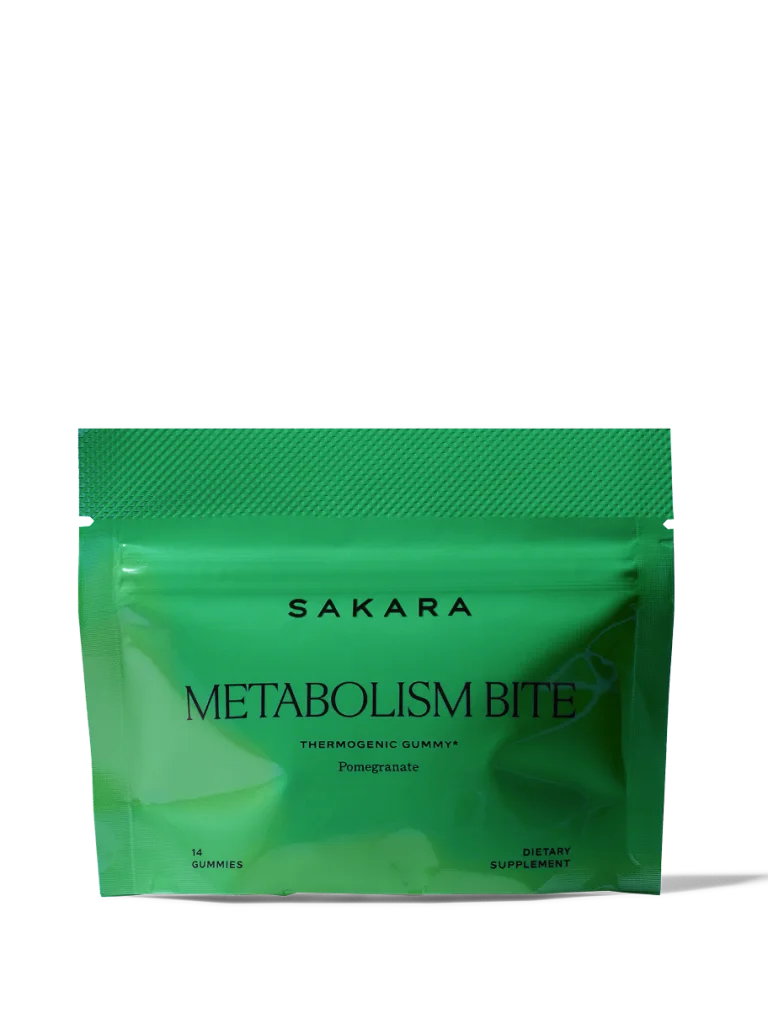







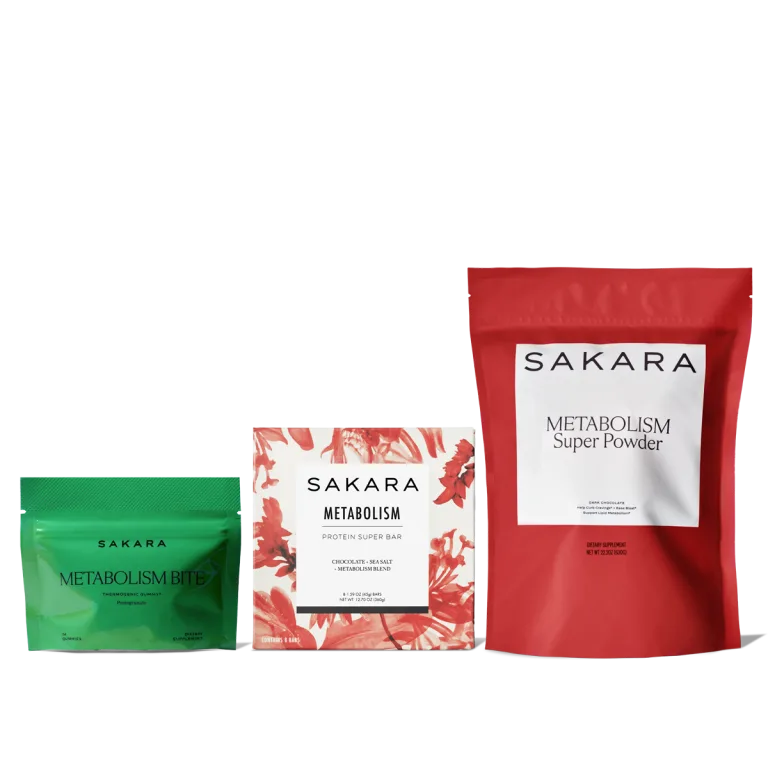

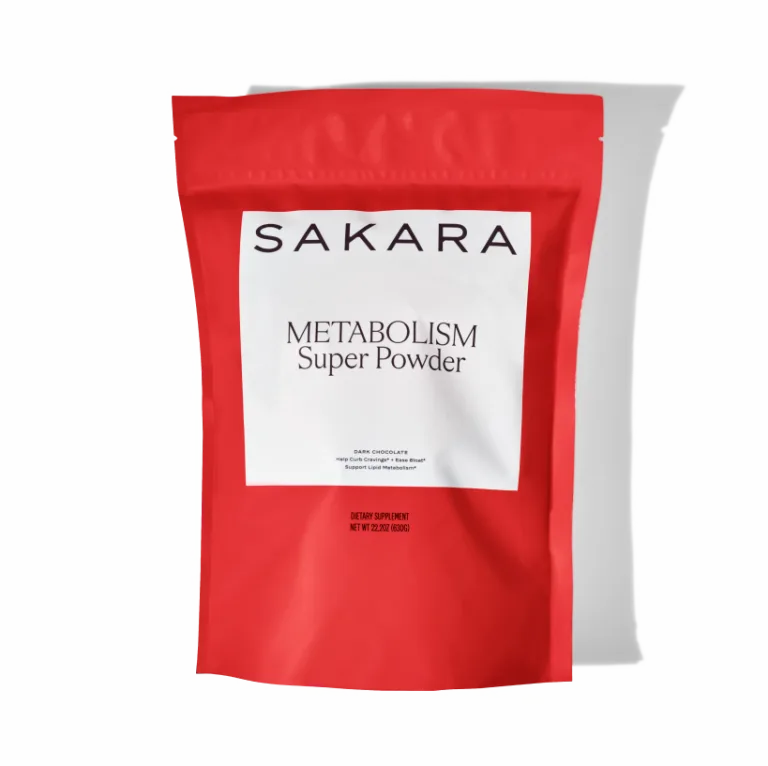
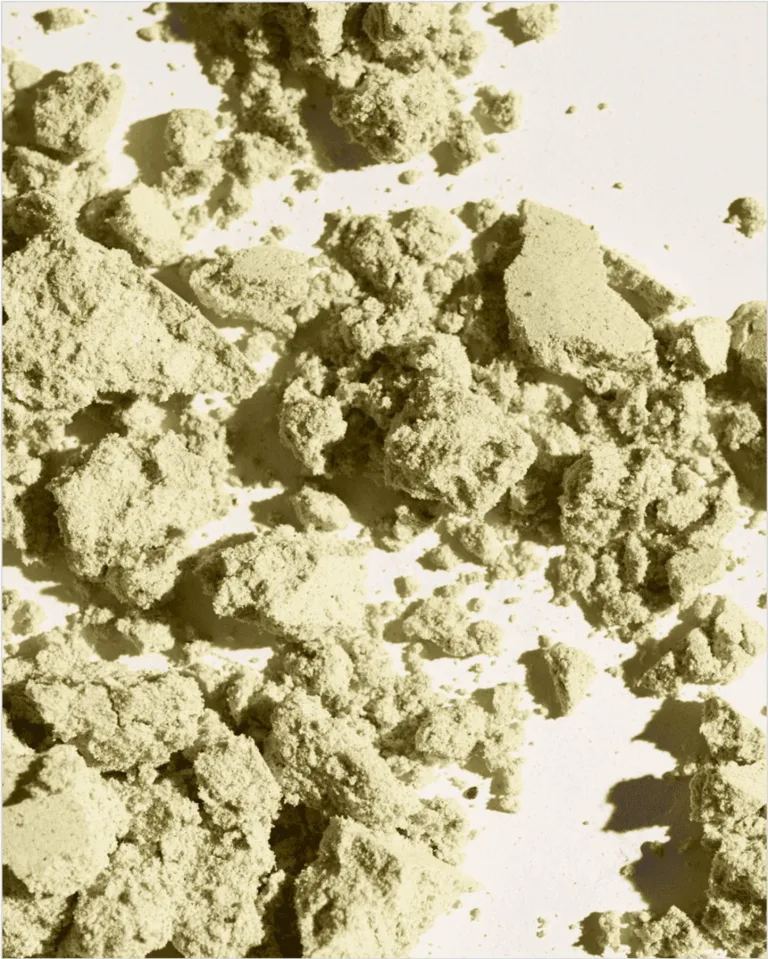
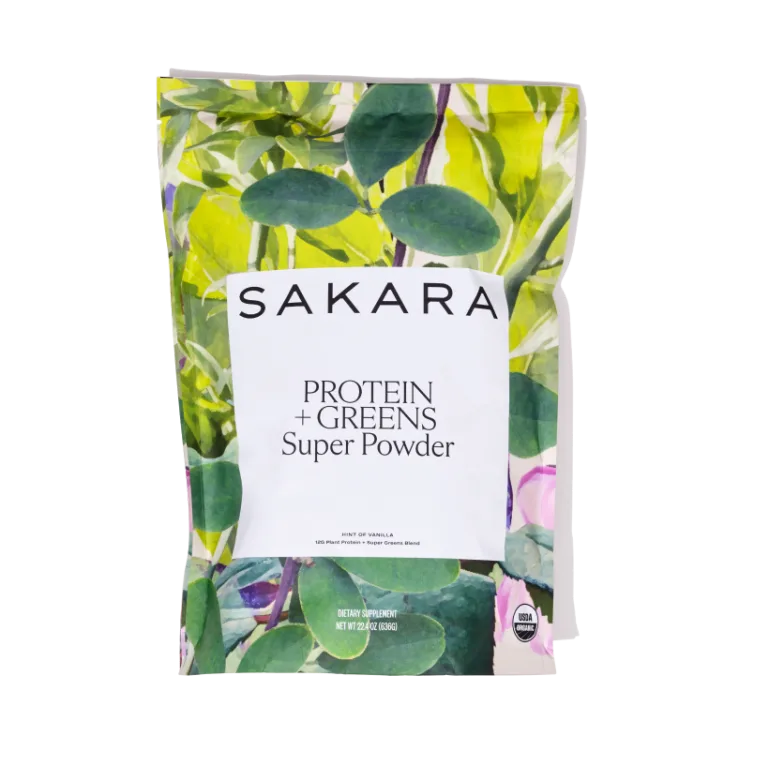
![[Fiber Powder] PLP Hover](/cms-image/desktop/md/1736452865000/4e993ba3-e7d7-45a5-b783-3e9d6b0d370b.webp)
![[Fiber Powder] PLP Hero](/cms-image/desktop/md/1710848398000/f793becd-6474-46c6-bfca-eef9c8d58947.webp)
